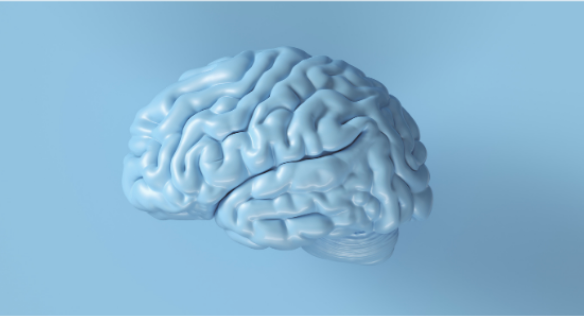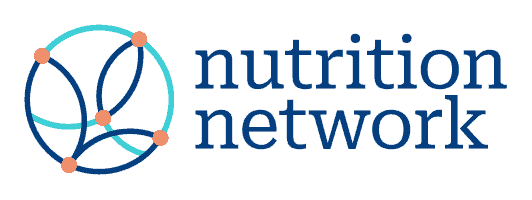
According to the National Alliance on Mental Illness, 20.6% of US adults experienced mental illness in 2019, equal to 1 in 5 adults. Mental illness has a ripple effect on people with depression who have a 40% higher risk of developing cardiovascular and metabolic diseases than the general population, rendering people with mental illness almost twice as likely to develop these conditions.
In the article Banting’s sleep and mood enhancing benefits, written by Nutrition Network (NN) registered dietitian Tamzyn Murphy, she makes reference to research that indicates that the risk of depression is higher when more processed and high carb foods are consumed. In the article, Murphy outlines research that indicates that obesity is also related to an increased risk of developing depression. There is evidence showing that an LCHF diet is favoured above a conventional, low-fat, calorie-restricted diet to lose weight, due to the satiation component involved when eating high fat foods. In return, weight loss leads to an enhancement in mood.
In another study, Mental, emotional, and behavioural effects of ketogenic diet for non-epileptic neuropsychiatric conditions, it was found that the ketogenic diet presents multiple positive effects in mood and cognitive function. Mental, emotional, and behavioural effects of a ketogenic diet had primary and secondary outcomes in clinical trials. The results drawn from the data of this study concluded that a diet high in fat and low in carbohydrates and protein, has the ability to significantly impact brain processes that facilitate mood, behaviour and cognition.
The early discoveries of this study also suggested that the ketogenic diet can prompt therapeutic benefits for improving emotional regulation, enhancing cognition, and the management of other maladaptive/problematic behaviours related to mental illness. Therefore, it can be concluded that keto has the ability to serve as a therapeutic tool to manage certain aspects of mental health.
Additionally, food addiction can also be seen/termed under mental health. In Tamzyn’s article Addictive eating, she classifies addictive triggering foods as highly processed foods that are both high in sugar and high in fat. These foods are not included in an LCHF diet, which can prove that people who are prone to food addiction can have a higher success rate from following an LCHF diet than a conventional diet.
There is strong evidence that a Keto/LCHF diet can support the following mental health conditions; Alzheimer’s Disease, migraines, and epilepsy.
In the study Ketogenic Diet in Alzheimer’s Disease, it was stipulated that the presence of ketone bodies caused by a very low carb high fat diet has a neuroprotective impact on aging brain cells. The production of these ketone bodies has the ability to enhance mitochondrial function and reduce the expression of inflammatory factors. It concluded, therefore, that keto can be used as a potential therapy for neurodegenerative disorders such as Alzheimer’s Disease.
In terms of diet and migraines, the study Effectiveness of ketogenic diet in treatment of patients with refractory chronic migraine recognised that a 3-month keto diet resulted in an overall improvement in the quality and reduction of painful symptoms of drug-refractory chronic migraine. This result suggests an improvement in the quality of life of the patients.
The evidence in support of the therapeutic use of a ketogenic diet in epilepsy is indicated in the study, Cognitive benefits of the ketogenic diet in patients with epilepsy: A systematic overview, which highlighted that epileptic patients on the keto diet reported improvements in alertness, attention and global recognition.
On the 1st of May 2021, the Nutrition Network will be releasing the fourth elective module in their advanced training series, titled Neurology. This module will cover all these topics and more. Some of the lectures and topics include Joan Ifland, PhD who discusses Neurophysiology of Sugar Addiction, Dr Michael Hoffman will be looking at the connection between food, mood and mind, and Dr Nina Tzakadze and Angela A Stanton, PhD discuss how migraines and headaches are influenced by diet.
Enrol in the Neurology module at the Early Bird price of $210 by following this link.
– Written by Suretha Swart, Marketing and Admin Support for the Nutrition Network
